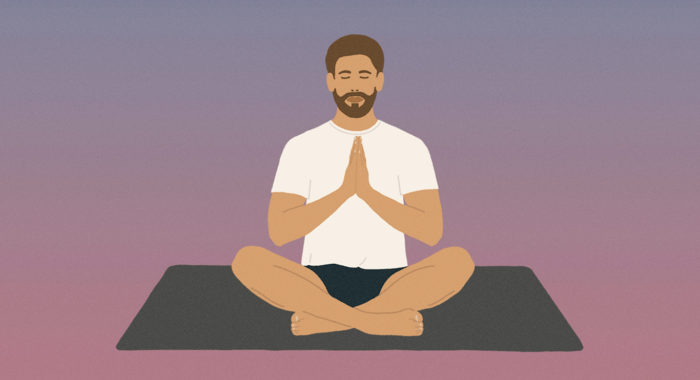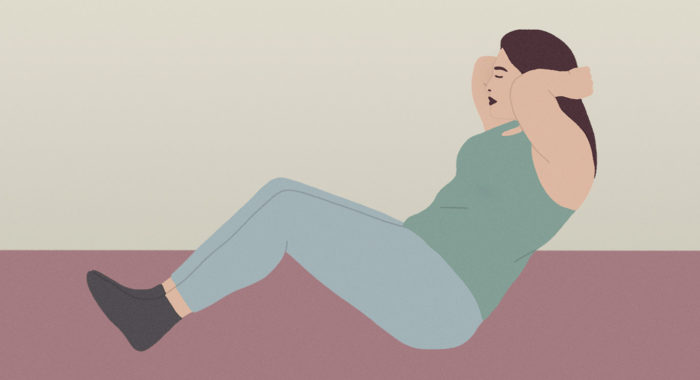What Does Self-Care Really Mean?
Self-care is any action that benefits our health and wellbeing, and can be integrated into our lives in various ways.
People often have different ideas about what self-care means. While there isn’t necessarily a “right” way to engage in self-care, sometimes our views on what this means can be a barrier, such as seeing it as something self-indulgent or only possible if you have free time. Really, self-care is any action that benefits our health and wellbeing, and can be integrated into our lives in various ways. Caring for ourselves helps to reduce stress, make us more prepared to manage challenges, and stimulate positive experiences like creativity, joy, and compassion.
Self-care often looks very different for different people and can involve anything from getting a good night’s sleep to engaging in spiritual practice, artwork, exercising, laying down, reading, listening to music, socialising, cooking… the list goes on. Generally, a good place to start is to make sure that your physical needs are being met — improving the quality of the food you eat and addressing any challenges with sleep are the basics of caring for yourself. Beyond these areas, it’s really about doing things that make you feel good. Here we talk about some tips and techniques that many people find beneficial.

Silence
Finding a quiet moment throughout your day can help you to reset. While this can include separating yourself from external noises, this is also about finding silence within your own mind. Even very brief moments in which you try to still the business of your thoughts can make a big difference.
Connection
There tends to be a misconception that self-care is meant to be a solo endeavour. Certainly, some time to yourself can be really beneficial. However, finding meaningful ways to connect with others can also be an important aspect of self-care. It can be good to set aside regular regular times to connect with people who make you feel good — whether it’s date night with your partner, morning coffee with a friend, or a weekly call with your family — self-care is not necessarily always about separating yourself from others.
It can be good to balance your connections with others with your connection to yourself. If you find your social or family life demanding at times, it’s ok to say no or take some time out. Saying no might make you feel guilty, and that’s ok — guilt is a signal that you care. However, sometimes it helps to remember that you deserve to treat yourself with the same amount of care that you show others.

Movement
Exercise can be a really good way to care for both our physical and mental wellbeing. It doesn’t have to be anything extensive — it could be a short walk or some stretching. Maybe even putting on a good tune and having a little dance! Whatever kind of movement feels good to you.
Outdoors
We spend so much time inside, especially in recent times, that we forget how good it can feel to step outside. Research shows that being outside around nature can largely improve our mental wellbeing.
Use your time wisely
Another good tip for caring for yourself can be to work out how to use your time most effectively. For example, some people might feel mentally alert in the mornings, physically energised in the afternoon, and in the mood for socialising in the evenings — structuring your day around your own mental and physical patterns can make your life a lot easier, particularly during times of stress. This can also help you to be present within each moment — it can be difficult to get the most out of each moment if your mind or body are not in the right place, and can create unnecessary stress.
structuring your day around your own mental and physical patterns can make your life a lot easier
On the other hand, we often put things off because we’re “not in the mood”. However, research shows that engaging in an action can create the mindset for it once you’ve started. So, it might be helpful to learn what works best for you at certain times of the day, and then try to stick to that routine as much as you can, even in times where you’re not quite “in the mood”.

Self-compassion
At the core of self-care is being kind to yourself. Give yourself permission. Many of us often have thoughts like “I must do this” or “I shouldn’t be doing this”. These thoughts usually come with a lot of judgement. Instead, you could try turning the “shoulds” and “musts” into preferences — “it is my preference to do this”. That way, you’re still being mindful of what the best action for you might be, while being less harsh on yourself. Also, it can help to keep in mind that even the things we are told are “bad”, like TV or sugar, are often completely fine in moderation and can be a part of your self-care if it benefits your mental wellbeing — balance is key!
Mind Ease can help you to learn strategies for relaxation, connection, and self-compassion.





